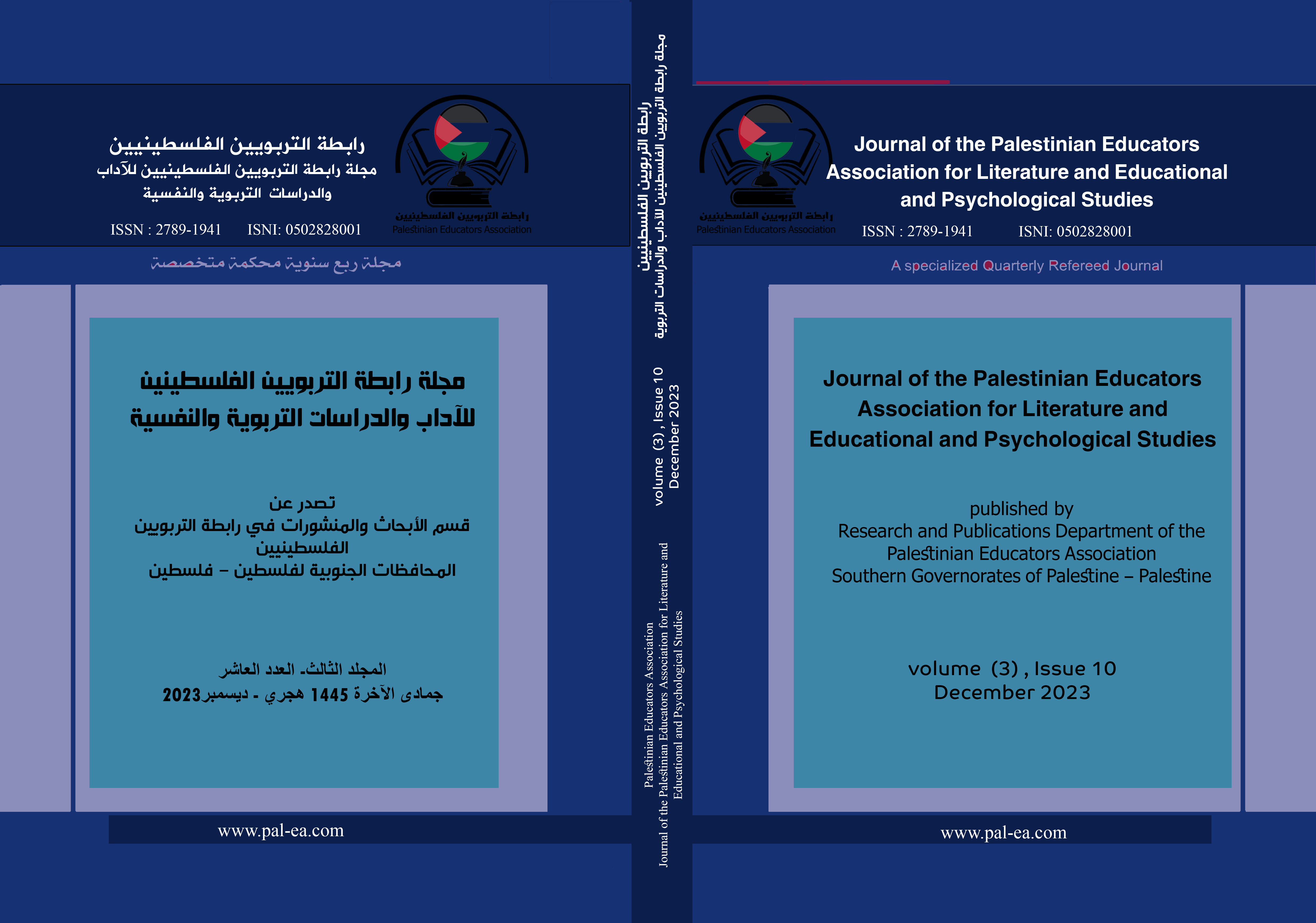The role of the technology teacher in achieving sustainable development
Keywords:
Technology, sustainable development, artificial intelligenceAbstract
The role of the technology teacher in achieving sustainable development
Abstract:
This study aims to clarify the importance and role of the technology teacher using artificial intelligence in the field of achieving sustainable development goals. Given that artificial intelligence has been used successfully in many fields, including education, medicine, scientific discoveries, industry, energy, environment, and robotics, most developed countries have adopted artificial intelligence applications and employed them in Various fields to achieve sustainable development.Through this research, we concluded that the use of artificial intelligence in sustainable development opens a new gateway to the horizons of investing in advanced technology and benefiting from it in implementing sustainable development strategies according to the best standards of efficiency, in a way that reflects positively on the individual’s standard of living and strengthens economic growth, social well-being, and preservation and protection of the environment. The study recommended the necessity of investing in infrastructure and communications services, as it can only come by opening the way for the private sector to invest in providing various communications services, as it is the most successful way to achieve sustainable development.
Developing plans and programs that aim to transform society into an information society, so that new technologies are integrated into sustainable social, economic and environmental development plans and strategies.
Downloads
Downloads
Published
Issue
Section
License

This work is licensed under a Creative Commons Attribution-NonCommercial-ShareAlike 4.0 International License.
The Journal of the Palestinian Educators Association for Literature, Educational and Psychological Studies
E-issn: 2789-1941
Authors retain Copyright
The Journal of the Palestinian Educators Association for Literature, Educational and Psychological Studies allows Authors retain Copyright and grant the journal right of first publication with the work simultaneously licensed under a Creative Commons Attribution (CC-BY) 4.0 License that allows others to share the work with an acknowledgment of the work’s authorship and initial publication in this journal.
Provided they are the owners of the Copyright to their work, authors are able to enter into separate, additional contractual arrangements for the non-exclusive distribution of the journal’s published version of the work (e.g., post it to an institutional repository, in a journal or publish it in a book), with an acknowledgment of its initial publication in this journal.
Authors are permitted and encouraged to post their work online (e.g., in institutional repositories, disciplinary repositories, or on their website) prior to
and during the submission process.










